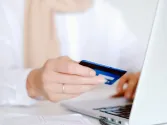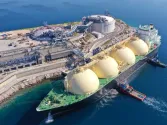What you need to know about Hong Kong's banking history
By Allan Eu ???The beginning of banks in Britain
In England banks developed in the 17th century. Sometimes people deposited their money with goldsmiths for safety. The goldsmiths issued a note promising to pay the bearer a certain sum on demand.
In time people began to exchange these notes instead of coins because it was easier and safer. Goldsmiths began to lend the money deposited with them in return for a high rate of interest. They also paid interest to people who deposited money in order to attract their savings. However, not only individuals borrowed money.
Governments also needed to borrow, especially in wartime. The government borrowed money from wealthy individuals and later repaid them with interest from taxation. However at the end of the 17th century the cost of fighting a war with France was colossal.
So in 1694 the Bank of England was founded to provide a loan to the government. A group of financiers joined together to provide the money required to set up the bank and loan the government A £1.2 million (a massive sum in those days).
In return the bank received 8% interest on the loan and the right to issue notes. The Bank of England was also allowed to lend money and to buy and sell gold. The Bank of England is sometimes called the 'Old Lady of Threadneedle Street'. In fact it moved to Threadneedle Street in 1734. Meanwhile the Bank of Scotland was founded in 1695.
In 1708 a law forbade banks with more than 6 partners to issue their own notes. (Although small banks could still do so). However the Bank of England mostly confined its operations to London. In the late 18 century many small banks were founded in the provincial towns.
However banking crises are nothing new. In 1793, in 1814-1816 and in 1825 there were 'runs' on banks when people lost confidence and tried to withdraw their money. The result each time was a wave of bank failures.
In 1826 the law was changed to allow large banks with many shareholders to form outside London. Many of the small country banks merged with the large banks.
In 1833 banknotes issued by the Bank of England were made legal tender (they must be accepted as payment for a debt).
Modern banks
Modern banks began with the Bank Charter Act of 1844. The Act split the Bank of England (which was still legally a private bank) into two departments - a banking department and an issuing department.
From then on the Bank of England could only issue notes if they were backed up by gold or government securities.
The Bank Charter Act also forbade new banks to issue bank notes. When banks merged they lost the right to issue bank notes. So gradually the Bank of England became the only bank in England that could issue notes.
At the end of the 19th century and in the 20th century many banks merged until in the late 20th century banking was dominated by the 'big four', Barclays, Lloyds, Midland and National Westminster.
Meanwhile in the 19th century the use of cheques for drawing money and settling accounts became much more common. Travelers’ cheques were invented in the USA in 1891. In 1946 the Bank of England was finally nationalized.
Also in 1946 the International Bank for Reconstruction and Development (otherwise known as the World Bank) was formed.
British and other European banks entered China around the middle of the nineteenth century to service the growing number of Western trade firms. The Chinese coined the term yinhang, meaning "silver institution", for the English word "bank". The first foreign bank in China was the Bombay-based British Oriental Bank, which opened branches in Hong Kong, Guangzhou and Shanghai in the 1840s.
Other British banks followed suit and set up their branches in China one after another. The British enjoyed a virtual monopoly on modern banking for forty years.
The Hong Kong and Shanghai Banking Corporation, now HSBC, established in 1865 in Hong Kong, later became the largest foreign bank in China.
When Hong Kong became a British colony in 1897 foreign banks enjoyed extraterritorial rights. They also enjoyed complete control over China's international remittance and foreign trade financing. Being unregulated by the Chinese government, they were free to issue banknotes for circulation, accept deposits from Chinese citizens, and make loans to the qianzhuang.
By the end of the nineteenth century there were nine foreign banks with forty-five branches in China's
treaty ports.
Today
Federal Reserve said it would buy $40 billion of mortgage debt per month and continue to purchase assets until a marked turn is seen in the US employment outlook. It certainly looks like they are marching forward to destroy the dollar and discount their debt to…zero?
HKMA chief Norman Chan is acting in response to the US stimulus measures; hence, Hong Kong's de facto central bank has ordered banks to curb home loans to borrowers with more than one mortgage to prevent the city being flooded with hot money after the United States announced an aggressive new stimulus plan to spur growth.
The quantitative easing may cause fluctuations in the exchange rate and push up the RMB, resulting in a price disadvantage for China's exports.
It is unlikely that China will allow the dollar to weaken against the Yuan but China's foreign exchange reserve administrators should start bracing themselves against risks to China's massive assets in the US dollar, and pay attention to possible increases in speculative money.
Hong Kong and other Asian banks need to re-think how monetary policy is being conducted. Frivolous monetary policy in the West is shaking things up…there’s a growing sense that just relying on interest rates is simply frivolous!
Because Hong Kong's currency is in bed with U.S. dollar; hence, Hong Kong cannot raise interest rates to cool the property market. Instead, Hong Kong must follow U.S. monetary policy!
Hong Kong’s house prices have nearly doubled since 2009 because of low interest rates, easy credit, an influx of money from mainland China and limited supply of new housing. These elements in conjunction with abundant global liquidity will stay with us longer and the risk of overheating (炒燶) in the property market in Hong Kong will increase.
The Yuan tends to move in line with the US currency, the stimulus effect may also weaken the yuan against the euro.
Who controls the banking system?
It was Baron Nathan Mayer de Rothschild (1840-1915) who once said: “I care not what puppet is placed on the throne of England to rule the British Empire on which the sun never sets.
The man that controls Britain’s money supply controls the British Empire, and I control the British money supply.” What was true of the British Empire is equally true of the US Empire, controlled remotely by the London based Elite through the Federal Reserve System. Judged by its consequences, the Federal Reserve System is the greatest con job in human history.
The Rothschilds rule the US through their Foundations, the Council on Foreign relations and the Federal Reserve System. Expensive “political campaigns” are routinely conducted, with carefully screened candidates who are pledged to the program of the World Order… as in “offer they cannot refused” and should they deviate from the program they will face serious consequences (lightly put) if one should go against them.
On June 4, 1963, President John F. Kennedy ordered the printing of Treasury dollar bills instead of
Federal Reserve notes (Executive Order 11110). He also ordered that once these had been printed, the Federal Reserve notes would be withdrawn, and the Treasury bills put into circulation. A few months later (November 22. 1963) he was killed in broad daylight in front of the whole world. Upon assumption of power, his successor, President Lyndon Johnson, immediately reversed JFK’s executive order to switch to Treasury bills showing very clearly the power of the elite.
Every Ponzi scheme needs a cover story and its sincere preacher/followers to validate it and bring in the suckers and Bernanke works for the Feds’ private shareholders and he’s doing a bang up job redistributing all that wealth in their direction.
It wasn’t federal at all and there was no reserve and it is nothing more than a Ponzi system and never was a bank…who structured it and why? Until next month.
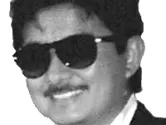
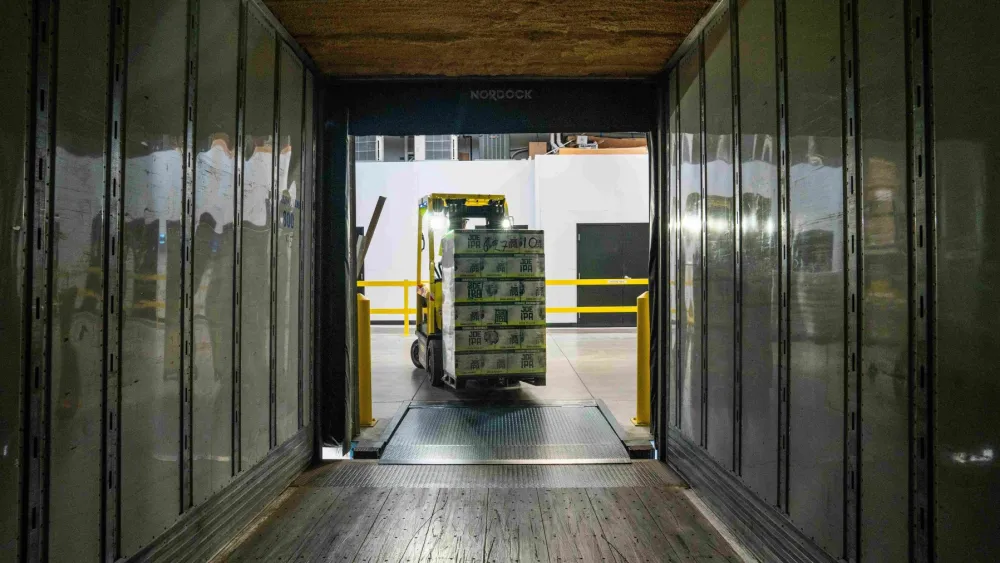

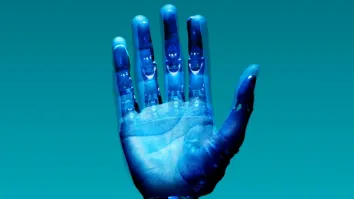



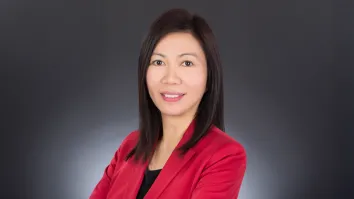








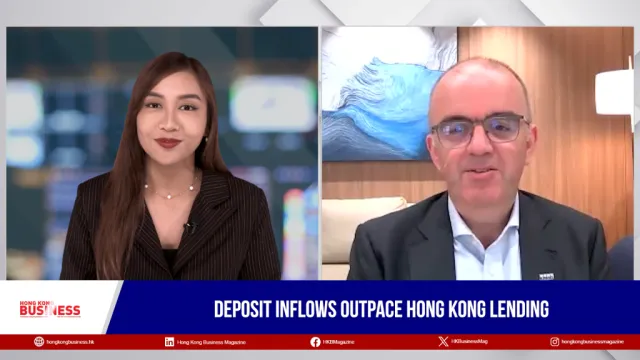



 Advertise
Advertise
